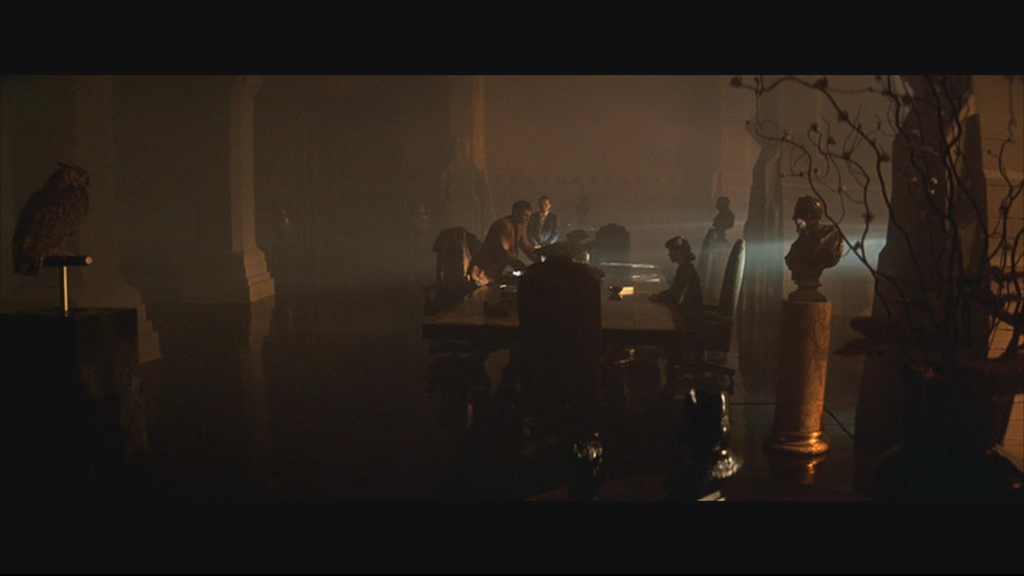Paul_C
Well-Known Member
Blade Runner is excellent sci fi because it does something only sci fi can - proposes a problem that doesn't yet exist, and then explores it. In this case; what happens when our sentient AI devices object to being owned and used.
And I think Blade Runner does something really great to explore this - it gives us humans to empathize with as it introduces us to the "machines". And then over the course of the film makes those humans increasingly alien while the androids become more and more human. By the end of the film we understand Batty to be the most human character of all, full of love and wonder. Then we discover that our human, Deckard, never was. Now we are empathizing entirely with the enslaved machines. Its brilliant.
Blade Runner is also a film noir detective story, wonderfully converted from the '40s to the future.
As far as "why replicants?", I think the answer is actually simple: creating real AI from scratch never happened in the Blade Runner universe. Instead, the discoveries about memory implantation, genetics and cloning allowed Tyrrel to build human mind/body analogs. Scientists don't truly understand the nature of intelligence or life, but have the ability to replicate most of its functions very closely and very inexpensively. If they could make a machine as smart as Roy Batty out of computer chips, they would. But they can't, so they use our genes to make replicant "machines" instead.
The three year life span is about control, and also so the audience understands that the slaves are living under a death sentence.
Deckard is undoubtedly a replicant - he's the same series as Holden, and the two share many personality traits and mannerisms. Given the fact that he, Holden and Rachel have personalities and memories that could pass for human - and are allowed free reign on Earth - one might conclude that they don't have the 3 year lifespan protection built in. I think it is possible that Deckard is newly decanted in the beginning of the film and what he believes was him having quit the force is simply how the police integrate new replicant blade runners into service. Because they need to have empathy for both people and the replicants they hunt, the blade runners are built with mixed feelings about their jobs.
Whilst I feel that this is one of the better arguments I've heard yet in favour of Deckard being a replicant, I would like to offer a counter-argument.
(I will try to restrain myself in future but there are very few things I'm adamant about and this is one
If they're using replicants to hunt replicants, why hobble the hunters by making them weaker than the ones they're hunting ?
Deckard gets a kicking from pretty much all of them before the end of the film, which doesn't make him a particularly efficient replicant hunter.
It does make him a pretty typical hard-boiled detective though, one who regularly gets beaten up and knocked about by the baddies before riding off into the sunset with the girl (with the exception of Casablanca, of course), which is probably why the voice over works so well for me.



